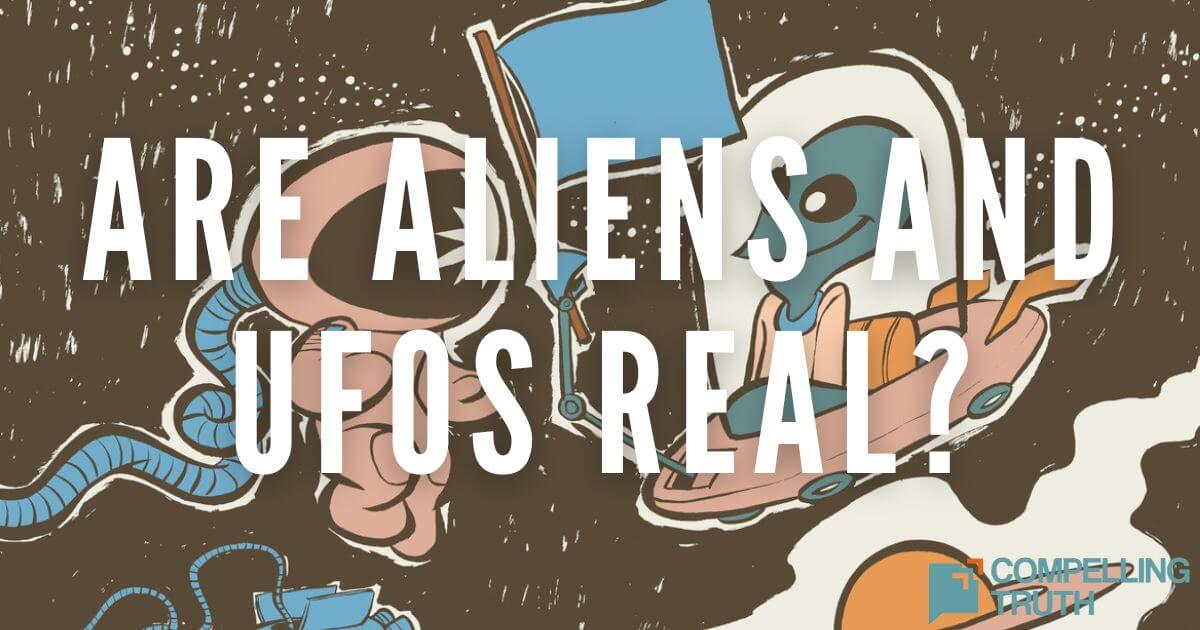The origin of life is described in Genesis 1. God created the world and life in it out of nothing; He did not refashion existing matter nor did He import life from elsewhere. Directed panspermia is the term for a speculative theory of how life began on earth. The general idea is that life on earth originated somewhere else and somehow migrated here. Directed panspermia is the hypothesis that basic forms of life from other planets were placed here on purpose, sparking the evolutionary process in an attempt to bring about the thriving, teeming world of species we see today. However, there is no evidence to support directed panspermia. Further, the vast distance between stars in our galaxy poses significant challenges to this concept, requiring enormous time scales.
Directed panspermia is not well accepted by the scientific community mainly due to lack of evidence. Also, it contradicts the favored explanation of naturalistic evolution. Yet the question of how life began on earth is different from the question of how that life progressed. The preferred belief about the origin of earth life is that of abiogenesis (the supposed development of living organisms from non-living matter) even though decades of research has not yielded progress on how abiogenesis might have occurred. Scientists often prefer the naturalistic explanation, both for the origin and progress of life, simply because it leaves out any possibility of a Creator.
One early promoter of directed panspermia was Francis Crick, one of the co-discoverers of DNA. A committed atheist, Crick found it impossible to believe that DNA could have evolved, based on his knowledge of its structure and the principles of naturalistic evolution. Rather than consider the possibility of DNA being the deliberate construction of an intelligent Designer, Crick mused about ideas like directed panspermia. Crick later re-affirmed his commitment to the evolution of life on earth from purely natural mechanisms, though with significant questions left unanswered. Today, the Bible answers our questions about how life on earth originated and developed.




